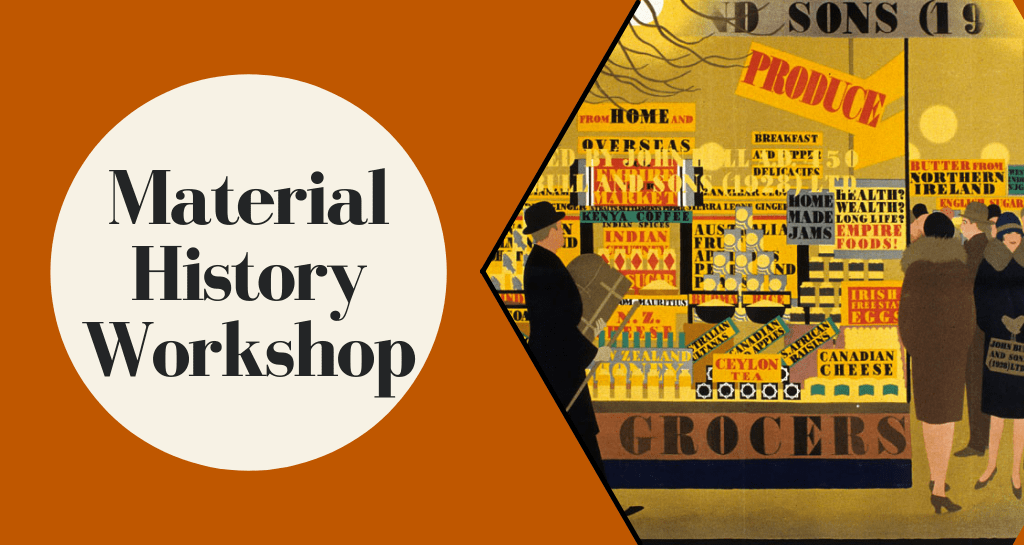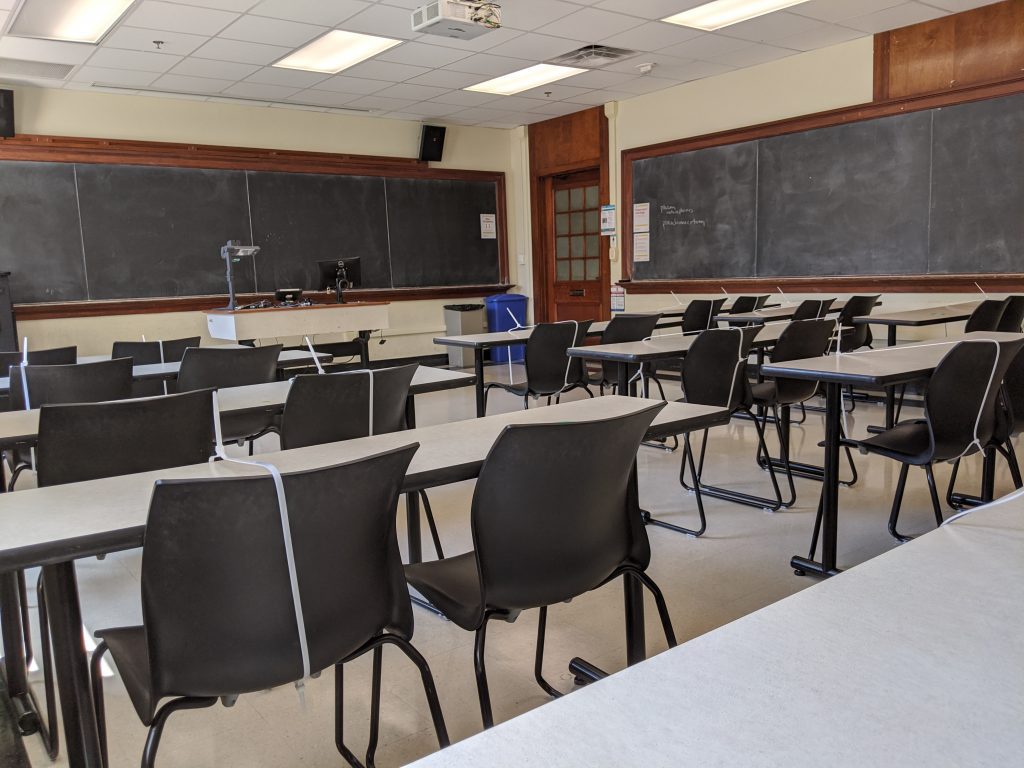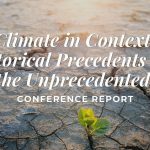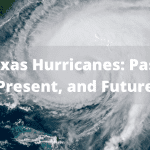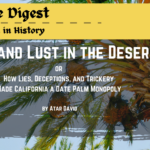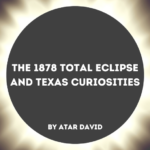Last summer, as the global pandemic threatened to push yet another academic year into the Zoomiverse (a threat that soon became a reality), it became clear that we all needed to put on hold our standard conceptions of graduate school. While online classes became the new normal and access to the library slowly returned, we felt the experience of being a young scholar in a large department and university slipping away from us. Many of us felt as if the opportunity to share our thoughts, work, fears, and hopes with our peers in a supportive and intellectually enriching environment was being taken away from us by the changes unleashed by COVID-19. We had to adapt ourselves to this new reality without completely adopting the notion of being apart from each other. Our solution to this conundrum was to create a space that, despite the physical distance, would help bring us all together. Looking for a common theme, we decided to form a bi-monthly workshop centered on what we loosely defined as material history. Thus, the grad-student-run Material History Workshop was born.
The intellectual premise was fairly simple. Much like other grad forums that address questions of identity, gender, race, and the environment, we wanted to talk about physical things, objects that you can touch, smell, eat, wear, buy, sell, and create. We felt that too often these objects are overlooked as benign, secondary, or simply marginal compared to other grander forces that shape history. We wanted to dig deeper into the supposed banality of the materials that make up everyday life, to explore how bread is baked, how clothes are dyed, how coffee is grown, and how snow is made (it’s true. There is a long history of snowmaking. Just ask Jesse Ritner). We strongly believed, and still do, that encapsulating the historical context in which our things exist may teach us something fundamental about our past, present, and future. Each of us had our own notion of how to understand the histories of our objects: through the human experience of usage, by historicizing the relationship between people and matter, through their environmental impact, and by how we ascribe them meaning.
We met every other week either to discuss academic works that were meaningful to our professional identities or to read and discuss our own papers and thesis chapters. We discovered that though each of us studies a different time and place, we were able to engage in productive and thought-provoking conversations. In our virtual workshop, ideas about food regulations in twentieth-century Egypt met the socio-environmental implications of American snowmaking technology, and the stories of coffee cultivators in British Ceylon benefited from the discussions we had about indigenous experiences with material regulations in Colonial Mexico. Some recurring themes kept appearing: environment and nature, capitalism and trade, identity and culture. As the weeks went by, we also decided to invite inspiring scholars to share their concepts of materiality and material culture with us. We were surprised by how responsive and engaging these scholars were, by how curious they were to hear what we had to say. We are, needless to say, thankful for all those scholars who agreed to participate in what we hope would become a tradition of dialogue in the years to come.
We all hope that by the fall, the workshop will resume in a hybrid model, one that will allow us to get coffee together and share physical space, but won’t exclude those who are still distant. Knowing how eager we all are to return to a semblance of normalcy where we can once again pour over manuscripts and dig into dusty boxes around the world, we want to make sure that being away does not mean being alone. We want to preserve our vibrant discussions while allowing new ideas to form and grow and additional members to join. If last year taught us anything, it is that community can make all the difference when we are physically distant. Care to join us?
The views and opinions expressed in this article or video are those of the individual author(s) or presenter(s) and do not necessarily reflect the policy or views of the editors at Not Even Past, the UT Department of History, the University of Texas at Austin, or the UT System Board of Regents. Not Even Past is an online public history magazine rather than a peer-reviewed academic journal. While we make efforts to ensure that factual information in articles was obtained from reliable sources, Not Even Past is not responsible for any errors or omissions.
